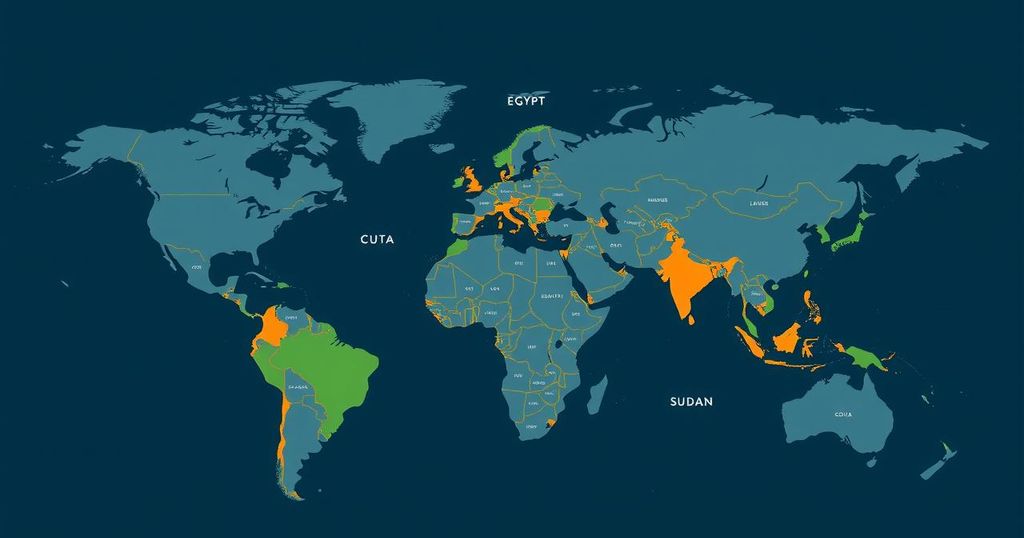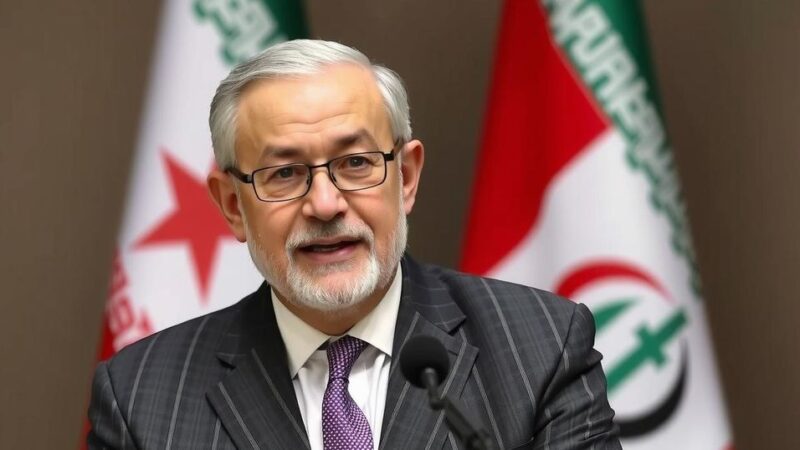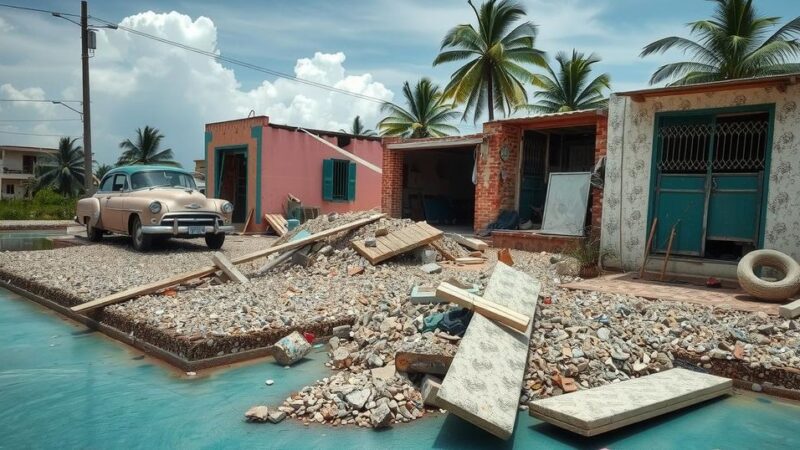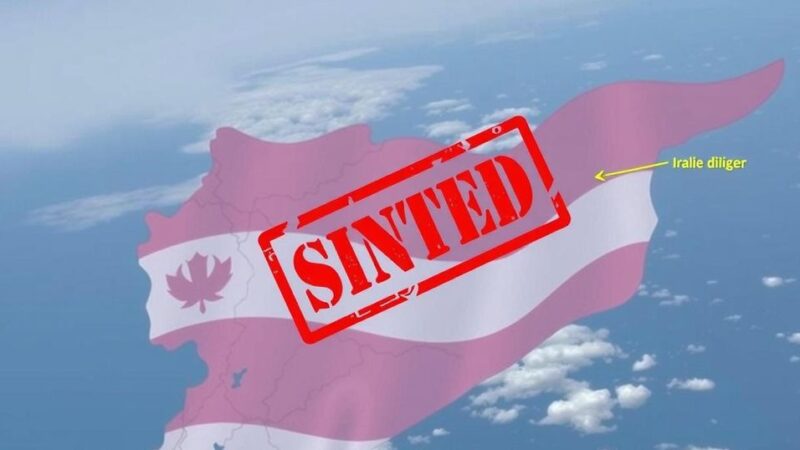The article discusses multiple global events: Egypt’s certification as malaria-free by WHO represents a historic public health milestone; Cuba faces a severe power outage and impending flooding from Tropical Storm Oscar, prompting UN support; Mozambique experiences political unrest marked by the killing of opposition figures; and WHO aids South Sudan amid unprecedented flooding affecting over 890,000 people.
The World Health Organization (WHO) has recognized Egypt as malaria-free, culminating a protracted effort lasting over a century to eradicate the disease that deeply affected the nation historically. “Malaria is as old as Egyptian civilization itself, but the disease that plagued pharaohs now belongs to its history and not its future,” stated WHO Director-General Tedros Adhanom-Ghebreyesus. This designation positions Egypt as the third nation in the WHO Eastern Mediterranean region to attain such status, joining the ranks of the United Arab Emirates and Morocco, thus symbolizing a significant victory in the global fight against malaria, especially in a populous nation exceeding 100 million citizens. On another note, the United Nations is prepared to assist Cuba as it grapples with a catastrophic power grid failure, exacerbated by a slowly advancing tropical storm, Oscar, which has left approximately 10 million without electricity. The Cuban government attributes the ongoing power outages to various factors including aging infrastructure, heightened demand, and the ramifications of the U.S. trade embargo. The UN Deputy Spokesperson, Farhan Haq, remarked, “The strong but slow-moving storm has generated significant rainfall in the eastern and central parts of Cuba over the past few days,” and indicated that the UN is ready to mobilize assistance as needed. In Mozambique, UN Secretary-General António Guterres has called for calm following the assassination of two opposition figures during a contentious electoral period. Guterres emphasized the necessity for a thorough investigation into their killings, urging all parties to maintain peace and refrain from violent actions as they await the official election results. Meanwhile, the WHO is focused on aiding South Sudan as the region experiences unprecedented flooding, which has already displaced over 226,000 individuals and severely impacted health infrastructure. The WHO has initiated the distribution of emergency health supplies to address the growing humanitarian crisis, noting that 890,000 people are affected in an environment where malaria and cholera increasingly threaten public health.
This article covers various recent global developments including significant health milestones, humanitarian crises, and political unrest. Egypt’s certification as malaria-free highlights a pivotal achievement in public health, while Cuba’s energy crisis following a tropical storm provokes urgent UN support. Mozambique is experiencing turmoil related to electoral violence, and the WHO’s response to flooding in South Sudan underscores ongoing humanitarian challenges in areas severely affected by climate change.
In summary, the recognition of Egypt as malaria-free marks a historic public health achievement, reinforcing global efforts against this disease. However, the humanitarian crisis in Cuba due to power outages and flooding illustrates the challenges faced by many nations. The call for accountability following political violence in Mozambique reflects the fragile nature of democratic processes. Lastly, the WHO’s response in South Sudan underscores the critical need for immediate assistance in areas affected by severe climatic events and ongoing health threats.
Original Source: news.un.org







